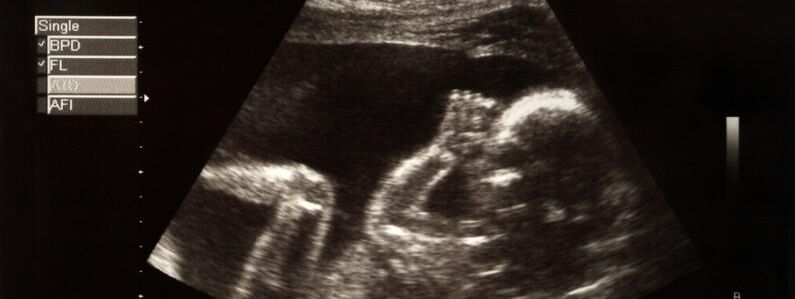Milestone Down Syndrome Bill backed by MPs

Landmark proposals designed to improve the services offered to people with Down’s Syndrome have been backed by Parliament.
The Down Syndrome Bill, lodged by Conservative MP Dr Liam Fox, passed its second reading in the House of Commons this morning.
It would see people with Down's Syndrome legally recognised as a specific minority group and public bodies required to ensure they have systems in place to meet their needs.
Given support from the UK government and parliamentarians across the house, it was waved through to the next stage without a vote.
It now proceeds to committee stage, where each clause of the bill is scrutinised in detail and amendments are lodged and debated.
In a short debate on the bill, Dr Fox thanked members of the Down’s Syndrome Community who ‘blazed the trail’ for reform, including actor Tommy Jessop who played Terry Boyle in BBC drama Line of Duty. The MP said:
“I come to this issue from many different angles—personal, medical and political. When I was growing up, the boy next door to me, Drew Houston, had Down’s syndrome.
“What is interesting is how as a child it is so much easier to accept difference and to accept people for what they are, rather than putting categories on to them. Would that that continue through all our lives.”
“As Members of Parliament, we can all recognise why there is such widespread support for this Bill throughout the House, because we have all had to deal with the complexity of issues involved here.
“We are talking not just about a learning difficulty, not just about a range of medical conditions or not just about social care here; we are talking about a plethora of issues that can affect families and it can be energy-sapping for parents and individuals alike to have to deal with those number of challenges simultaneously and for a very long time.”
CARE is supporting the bill and has also sought to highlight further inequalities faced by people with disabilities, including in the womb.
At present, abortion laws in England and Wales allow children with a ‘serious handicap’ to be aborted up to term, but babies without any handicap up to 24 weeks.
The ‘serious handicap’ provisions apply to people with Down’s Syndrome and other disabilities, including cleft palate. Campainger Heidi Crowter is challenging the “discriminatory” rules through the courts.
In an article for The Mallard today, CARE’s James Mildred urged parliamentarians to address inequalities in abortion law, regardless of what judges rule in response to Heidi Crowter’s case:
“As politicians rightly row in behind new legislation to ensure people with Down’s Syndrome enjoy better equality outside the womb, they must not overlook the irony of existing laws that cement inequality inside it.
“Parliament can challenge this discrimination in abortion law – regardless of the views of judges – by striking down disability provisions. We urge them to do so.”
Share